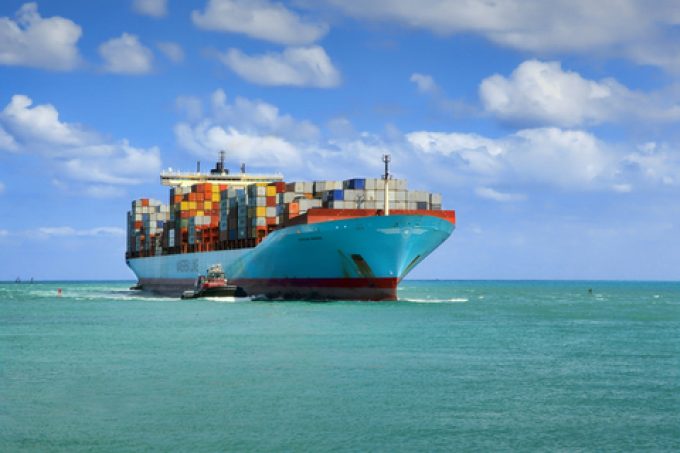De minimis-induced ecommerce demand slump could cripple freighter operators
The US’s considerable de minimis fee and tariff hike will “cripple the [air cargo] industry”, ...

Flexport claims it has won business during the tariff war and Covid-19 crisis by making better use of data than larger rivals.
“We like to say there’s opportunity in chaos,” said Sanne Manders, the forwarder’s chief operating officer, “because when there’s chaos your competitors are paralysed.
“They are larger, bureaucratic organisations, not typically built on modern technology, and they don’t have all the data at their fingertips. So they have to start redesigning their business, and it just takes much longer.
“For us, it ...
Amazon pushes into LTL for small package fulfilment and UPS does a u-turn
New senior management for DSV as it readies for DB Schenker takeover
Volumes set to 'fall off a cliff' as US firms hit the brakes on sourcing and bookings
Asian exporters scramble for ships and boxes to beat 90-day tariff pause
Temporary tariff relief brings on early transpacific peak season
'Tariff madness' will prompt renegotiation of ocean shipping contracts
Forwarders 'allowing the fox into the chicken run' by supporting 'hungry' carriers
Response to tariffs by Chinese importers may see extra costs for US shippers

Comment on this article
Jeff Parry
July 17, 2020 at 10:13 pmWhy do you give space and time to Flexport?
If they are such a power in the industry, why are their numbers so low?
From everything I see and read about this company, their senior management have little understanding of the marketplace and how forwarding actually works. Their claims are never backed up by hard facts and they claim numbers that, when they are filed, do not agree with their claims.
Many established forwarders, if any size, actually prove to be more agile than Flexport ever will be. They can turn a switch and magically have solutions to complex problems? Technology alone is not capable of this.